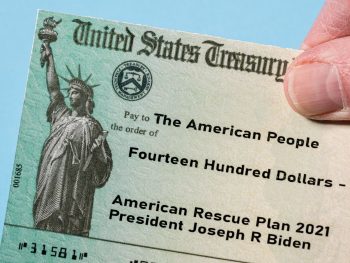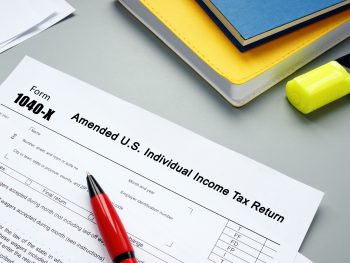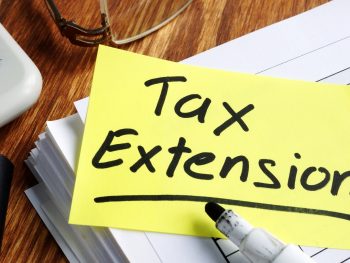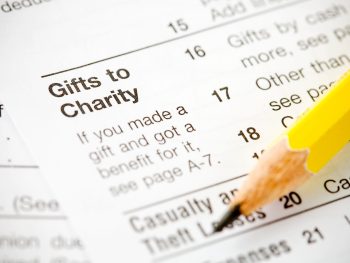Generally, you recognize no gain or loss on the exchange of real property you held for the productive use in a trade or business or for investment if you exchange that property solely for real property of a like kind that you also will hold either for productive use in a trade or business or for investment. Such an exchange is referred to as a “like-kind exchange.” Under a like-kind exchange, the gain you realize on the exchange of property for replacement property does not escape tax – the tax on the gain is merely deferred until the replacement property is sold.
A deferred like-kind exchange is an exchange in which, under an agreement, you transfer real property that you held for productive use in a trade or business or for investment (the “relinquished property”) and subsequently receive real property to be held either for productive use in a trade or business or for investment (the “replacement property”). If certain requirements are not met, the replacement property you receive is treated as property that is not of a like kind to the relinquished property.
For a deferred exchange to qualify as a like-kind exchange, (1) you must identify the replacement property within 45 days after the closing of the sale of the initial property, and (2) you must receive the replacement property within 180 days of the closing of the sale of the initial property, or by the extended date of your federal income tax return for the year in which the initial sale occurred, whichever date is earlier.
The 45-day identification period begins on the date you transfer the relinquished property and ends at midnight on the 45th day thereafter. Generally, for replacement property to be treated as identified before the end of the identification period, you must designate it as replacement property in a written document signed by you and hand delivered, mailed, faxed, or otherwise sent before the end of the identification period to either the person obligated to transfer the replacement property to you or any other person involved in the exchange other than you or a disqualified person. Also, the replacement property must be unambiguously described in that written document or agreement.
The 180-day exchange period begins on the date you transfer the relinquished property and ends at midnight of the earlier of the 180th day thereafter or the due date (including extensions) for your federal income tax return for the tax year in which the transfer of the relinquished property occurs. In the case of a deferred exchange, the identified replacement property is received before the end of the exchange period only if: (1) you receive the replacement property before the end of the exchange period; and (2) the replacement property you receive is substantially the same property as identified.
Except in the case of certain federally declared disasters, military actions, and terrorist actions, there are no rules for extending the 45-day identification period or the 180-day exchange period. If an exchange does not meet those requirements, it is treated as a normal taxable sale.
Please call me at your convenience so that we can discuss the deferred like-kind exchange rules as they apply to your particular situation.











 Congress Passes $1.9 Trillion Covid Relief – American Resue Plan Act
Congress Passes $1.9 Trillion Covid Relief – American Resue Plan Act
Leave a Reply